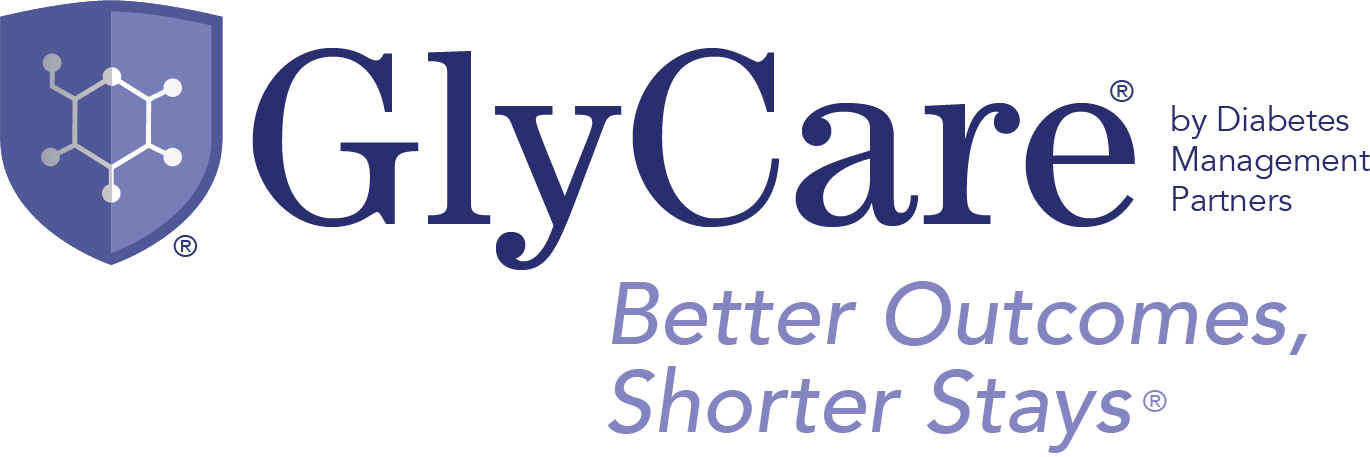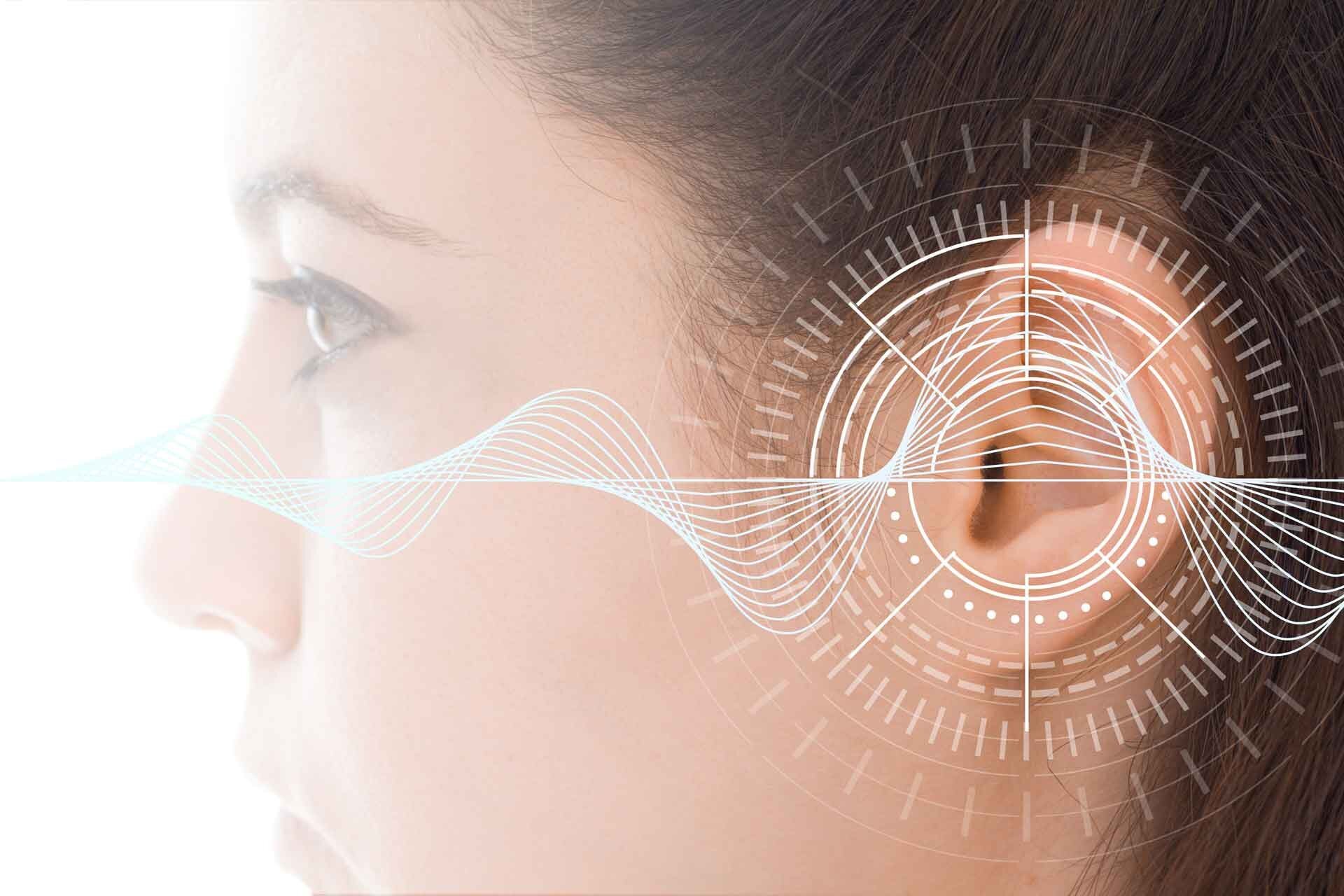How Diabetes Can Affect Hearing Loss
Why Blood Glucose Control is Vital to Preserving Hearing in People with Diabetes
By Jennifer Peterson, DNP, APRN, LMT, FNP-BC
Hearing loss is twice as common in people with diabetes and 30% more prevalent in people with prediabetes. In the United States, over 34 million people have diabetes, approximately 88 million have prediabetes, and over 48 million people have hearing loss. Although the exact relationship between diabetes and hearing loss has not been identified, it is believed high blood glucose levels cause damage to the small blood vessels in the inner ear, like the way diabetes damages the vessels to the eyes and kidneys. Another complication of diabetes is nerve damage, so it is possible that diabetes damages the auditory nerves leading to hearing loss. More research is warranted to identify why people with diabetes have a higher rate of hearing loss. Nevertheless, proper blood glucose management helps conserve many of the body’s functions and hearing is included.
How people with diabetes can reduce the risk of hearing loss
Preserve your hearing by controlling your blood sugar, not smoking, and avoiding prolonged exposure to loud noises. Each of these factors alone affects hearing loss but when combined the risk multiplies. Unlike other parts of the body, the ears cannot regenerate blood supply; so, once hearing is damaged, it is damaged for life. Managing blood sugar may be difficult at times but maintaining control can preserve auditory function.
How GlyCare can help
GlyCare can help manage blood glucose levels, both inpatient and outpatient. GlyCare is a team of endocrinologist trained midlevel providers specializing in diabetes care. The team can expedite glucose control and ensure it stays within goal range. GlyCare ensures each person has a safe diabetes management plan to follow, whether in the hospital, care facilities, or at home.
About the author
Dr. Jennifer Peterson, Nurse Practitioner, is the Director of Quality Assurance and Integration for GlyCare. She has years of experience managing diabetes for patients in the hospital and now trains other nurse practitioners to do the same. Dr. Peterson also ensures GlyCare provides high-quality services for all patients through a quality review program she created.
References
American Diabetes Association. (n.d.). Diabetes and Hearing Loss.
Centers for Disease Control and Prevention, U.S. Department of Health and Human Services. (2020). National Diabetes Statistics Report 2020: Estimates of Diabetes and Its Burden in the United States.
Centers for Disease Control and Prevention. (2020). Prediabetes – your chance to prevent type 2 diabetes.
Center for Hearing and Communication. (n.d.). Statistics and facts about hearing loss.
Learn more about partnering with GlyCare for a turn-key diabetes management service. For more information on how to incorporate either in-person or virtual diabetes management, contact us today.

